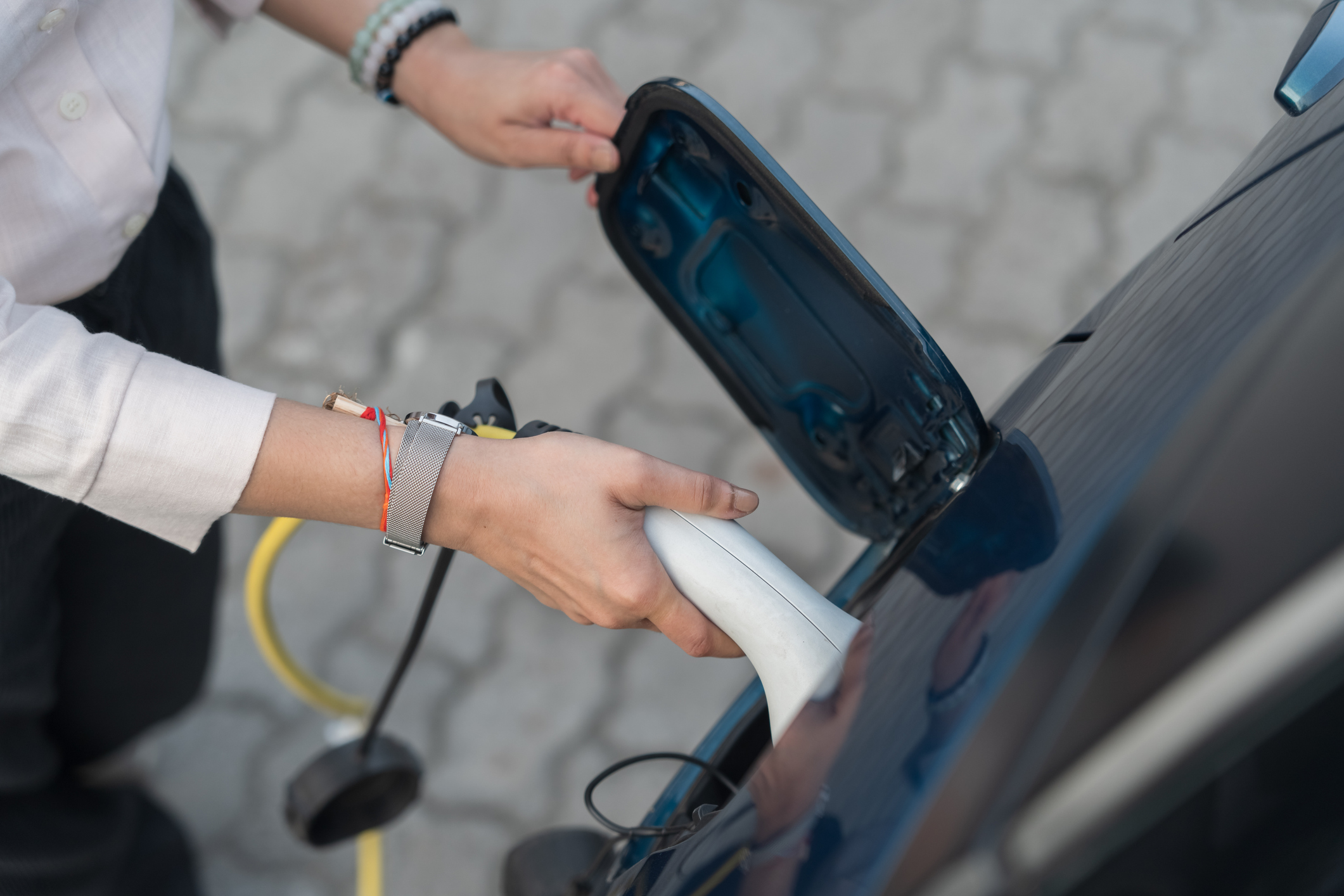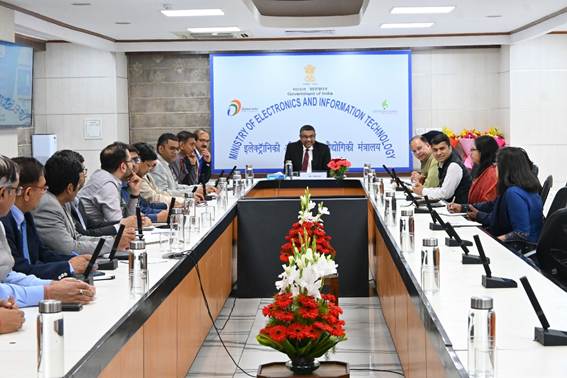The Indian electric vehicle (EV) and ancillary sectors are poised to attract nearly $40 billion in investments over the next five to six years, creating significant opportunities for the real estate market, according to a report by Colliers India.
The report, titled “EVs in India: Renewed Vigour in Electric Mobility,” highlights that nearly two-thirds of these investments are expected to be concentrated in the lithium-ion battery segment. Despite slower-than-expected EV adoption, the industry has seen a threefold surge in investment commitments over the past three years, reflecting renewed optimism about India’s electric mobility prospects.
The anticipated investments are set to drive substantial real estate demand, particularly for the development of EV and original equipment (OE) manufacturing units, including lithium-ion battery facilities. Colliers estimates that the increasing adoption of EVs will also generate demand for over 45 million square feet of real estate by 2030, primarily to support the establishment of EV charging infrastructure.
With an EV penetration rate of 8% in India, sales are projected to reach approximately two million units in 2024. However, the report cautions that the ambitious target of having 80 million EVs on Indian roads by 2030 may face challenges due to the current pace of adoption. Achieving this goal will require a sixfold increase in average annual EV sales from 2025 to 2030, coupled with strategic measures to transform the EV ecosystem.
Badal Yagnik, Chief Executive Officer of Colliers India, emphasized the need for affordability and large-scale manufacturing to accelerate adoption. “Demand and supply incentives will remain pivotal, but reducing production costs, enhancing affordability, and scaling up high-capacity manufacturing units—especially for lithium-ion batteries—are essential to meeting EV targets,” Yagnik said.
The report further underlines the transformative impact of domestic EV production on real estate. By 2030, nearly 13,000 acres of land could be acquired and developed for EV-related projects, with over 80% of this demand coming from lithium-ion battery manufacturers. The industrial and warehousing sector is expected to benefit the most, with a surge in demand for built-to-suit facilities catering to both global and domestic EV manufacturers.
Additionally, the rise of technology-driven warehouses and automated systems is anticipated to streamline operations across the EV value chain, further integrating the industry and supporting its growth.
(Inputs from ANI)




















